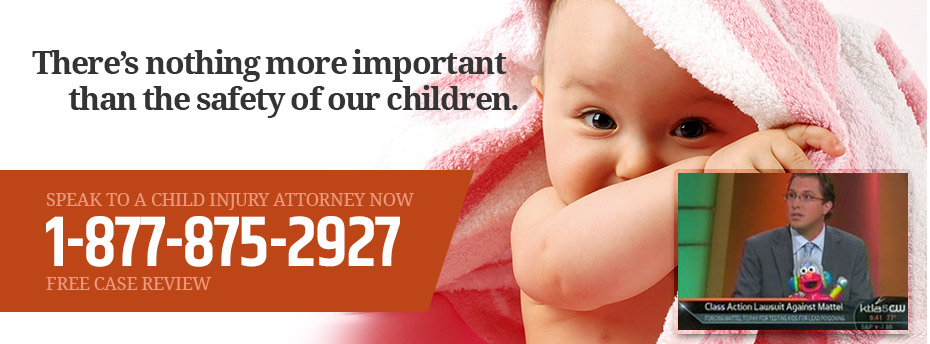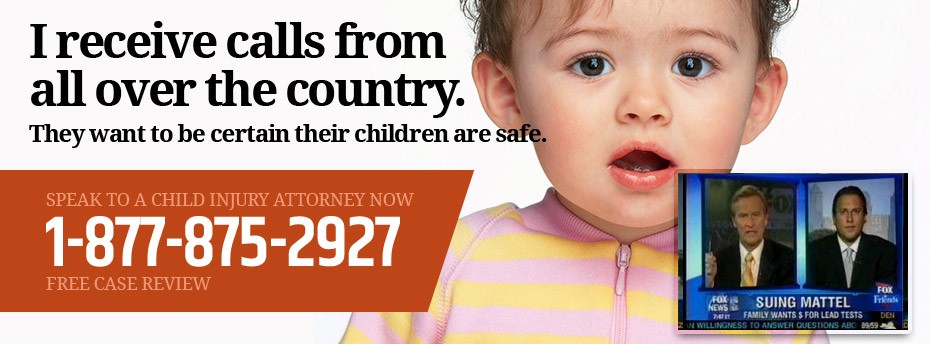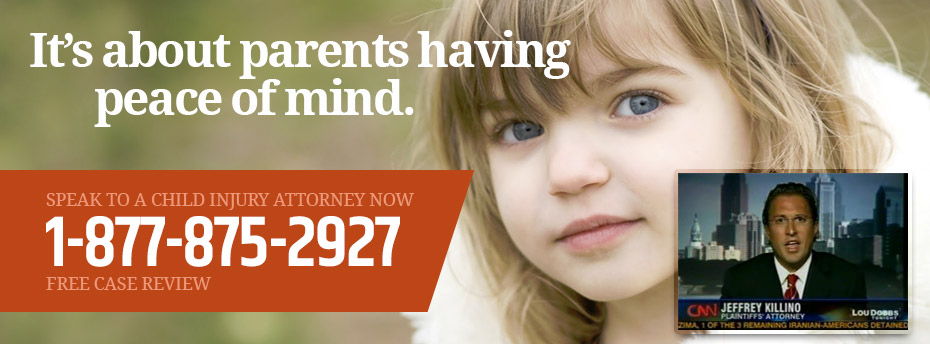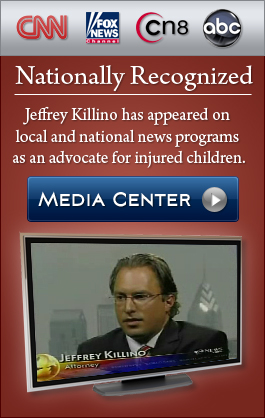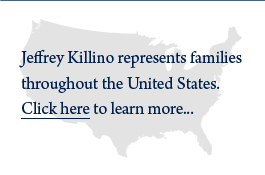 More than a year after the Fisher-Price Rock ‘n Play was implicated in nearly three dozen deaths, setting off a wave of baby sleeper recalls, children continue to die in infant inclined sleepers and far too many parents remain unaware of their risks.
More than a year after the Fisher-Price Rock ‘n Play was implicated in nearly three dozen deaths, setting off a wave of baby sleeper recalls, children continue to die in infant inclined sleepers and far too many parents remain unaware of their risks.
Our Defective Infant Sleeper Lawyers have a record of success representing the victims of dangerous baby products and toys, earning nationwide acclaim for their aggressive pursuit of justice on behalf of injured children and their families.
Infant Sleeper Injuries and Deaths
Infant inclined sleepers are made from a soft, fabric hammock suspended from a metal frame that’s designed to position a baby at an angle between 10 and 30 degrees. Some of the most sought-after models also play music, rock, or gently vibrate to help soothe an infant to sleep.
When Fisher-Price introduced the Rock ‘n Play in 2009, the sleepers quickly gained cult-like status among parents looking for a way to help their child fall asleep faster and stay asleep longer. By 2018, more than two dozen manufacturers were selling inclined baby sleepers online and in retail stores across the United States.
But less than a decade after the Rock ‘n Play appeared on the scene, Consumer Reports warned that infants placed in inclined sleepers were in danger of suffocating because the hammocks could allow a child’s head to slump forward, blocking airflow, and making it easier for a baby to roll over into the sidewall or headrest.
Sadly, the danger wasn’t theoretical. According to Consumer Reports, 32 children had died in the Fisher-Price Rock ‘n Play after rolling from their back to their stomach or side while unrestrained, or under other circumstances.
Fisher-Price Deceptively Marketed the Rock ‘n Play
The American Academy of Pediatrics (AAP) recommends that infants always sleep on their back, on a separate, flat, and firm sleep surface without any bumpers or bedding. Yet the box for the Fisher-Price Rock ‘n Play clearly stated “inclined sleeper designed for all-night sleep,” while the company’s website claimed the product was suitable for “naptime and nighttime.”
Fisher-Price even hired a consultant — Gary Deegear, M.D. – to assure parents the Rock ‘n Play was safe. But according to Consumer Reports, Deegear is neither a sleep specialist nor a pediatrician. His recommendation that inclined sleeping would alleviate a baby’s acid reflux also ran counter to the advice of the AAP and the National Institute of Child Health and Human Development, both of which warn against allowing an infant to sleep unsupervised in a reclined position.
And while most parents assume baby products are tested for safety, Fisher-Price never conducted a single independent test, identified any research, or consulted with any pediatricians or medical organizations to ensure the Rock ‘n Play’s 30-degree incline was safe or beneficial for babies.
Infant Sleeper Recalls and Warnings
The CPSC finally recalled all models of the Fisher-Price Rock ‘n Play in April 2019. Since then, the Commission has announced additional recalls for inclined sleepers marketed by more than a half-dozen different companies:
- Kids II Rocking Sleepers, including the Ingenuity Moonlight Rocking Sleeper and the Bright Starts Playtime to Bedtime Rocking Sleeper. About 694,000 sleepers recalled in April 2019 following five reports of infant fatalities.
- Fisher-Price inclined sleeper accessory sold with Ultra-Lite Day & Night Play Yards. About 71,000 recalled in June 2019.
- Dorel Juvenile Group’s Disney Baby Doze and Dream Bassinet and Eddie Bauer Slumber and Soothe Rock Bassinet. About 24,000 products recalled in July 2019.
- Delta Inclined Sleepers with Adjustable Feeding Position for Newborns. About 5,900 baby sleepers recalled in January 2020.
- Evenflo Pillo Portable Napper. About 3,100 inclined sleepers recalled in January 2020.
- Graco Little Lounger Rocking Seats. About 111,000 recalled in January 2020.
- Sumr Brands SwaddleMe By Your Bed Sleepers. About 46,300 baby inclined sleepers recalled in January 2020.
- Kolcraft Cuddle ‘n Care 2-in-1 Bassinet & Incline Sleepers and the Preferred Position 2-in-1 Bassinet & Incline Sleepers. About 51,000 inclined sleeper accessories sold with two bassinets recalled in February 2020.
In October 2019, an independent study commissioned by the CPSC linked 73 fatalities to infant inclined sleepers, leading the authors to conclude that “none of the inclined sleep products that were tested and evaluated as part of this study are safe for infant sleep.” The Commission’s staff proposed banning all baby sleepers with a back angle over 10 degrees and parents were warned not to use the products.
19 More Incline Sleeper Deaths Reported Since October 2019
Unfortunately, recalls and warnings have not been enough to spare even more families the heartache that comes with losing a child. According to a recent Consumer Reports update, infant inclined sleepers have been implicated in at least 19 additional deaths since October 2019, bringing the total number of known fatalities in the United States to 92.
Many parents have continued using inclined sleepers because they were never notified of recalls. Others unknowingly purchased recalled products on Craigslist, Facebook Marketplace, or at resale stores around the country. In some cases, manufacturers even avoided recalls by slightly altering their designs or rebranding their inclined sleepers as “loungers.”
In the meantime, the CPSC has yet to finalize its proposed ban on infant inclined sleepers and recently agreed to extend the required public comment period at the request of an industry lawyer.
As an experienced Child Injury Lawyer and tireless advocate, Jeffrey B. Killino works every day to protect children from dangerous products and preventable accidents. If your son or daughter was the victim of a defective infant inclined sleeper, please do not hesitate to contact us at 1-877-875- 2927.
